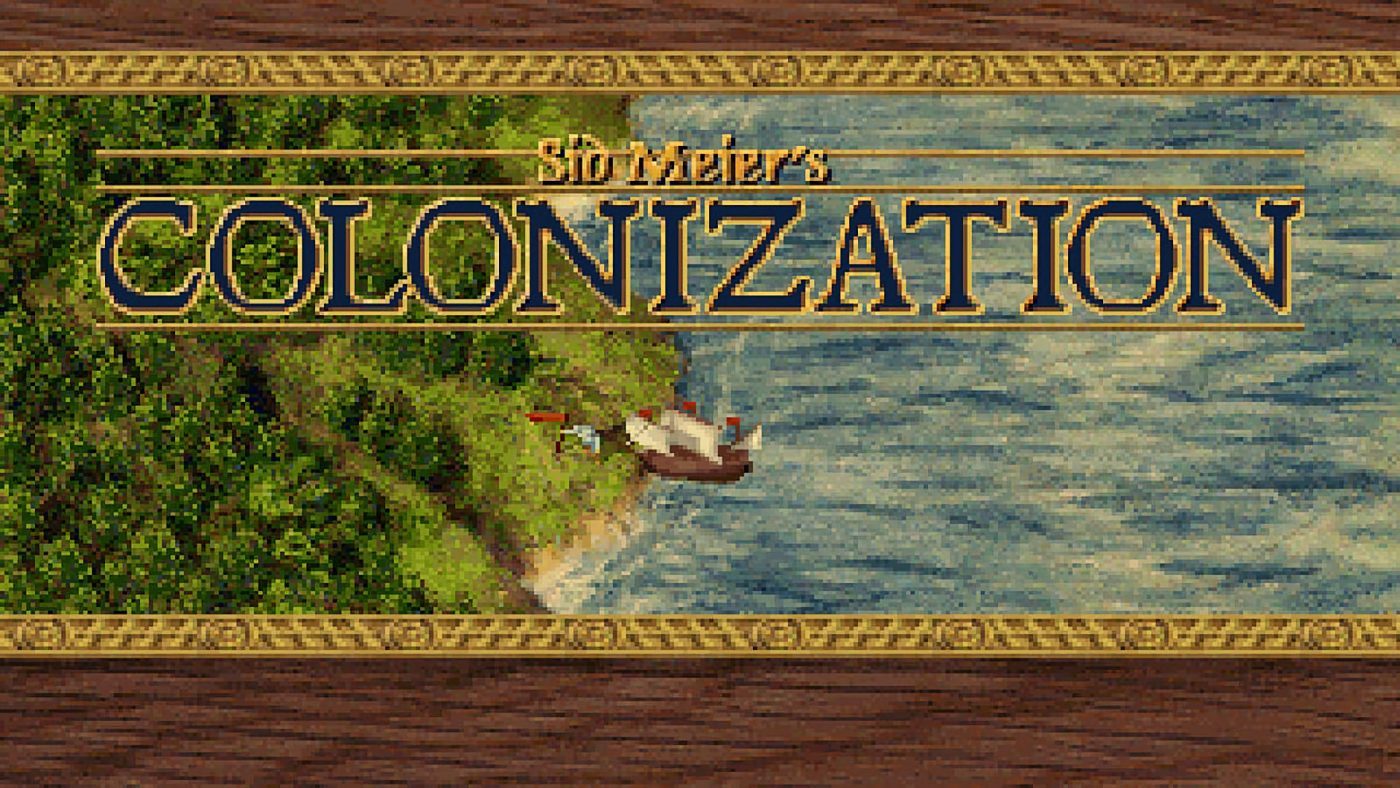Sid Meier’s Colonization, released in 1994 by MicroProse, stands as a remarkable example of how historical themes and complex strategy mechanics can blend to create an enduring classic. Often overshadowed by its more famous sibling, Civilization, Colonization carved its own niche in the strategy genre, offering players a distinct and engaging experience focused on the age of exploration and the colonial era. Let’s explore how Colonization compares to Civilization, its influence on modern strategy games, and its enduring legacy in the gaming world.
A Comparative Analysis: Colonization vs. Civilization
At first glance, Sid Meier’s Colonization and Civilization share many similarities. Both are turn-based strategy games where players manage resources, expand territories, and interact with other nations. However, Colonization’s focus on the colonization of the New World introduces several key differences that set it apart from Civilization.
In Civilization, players guide an entire civilization from the dawn of history to the modern age, dealing with a broad spectrum of technological advancements, cultural developments, and diplomatic relationships. The game’s scope is grand, encompassing thousands of years of human history. In contrast, Colonization narrows the focus to a specific historical period: the European colonization of the Americas. This tighter focus allows for a more detailed and nuanced exploration of the economic, political, and cultural challenges faced by colonial powers.
One of the most significant differences lies in the end goals. In Civilization, the objective can vary from achieving technological supremacy to military domination or cultural hegemony. Colonization, however, has a more defined victory condition: achieving independence from the colonial power that players initially represent. This goal introduces unique gameplay dynamics, as players must balance loyalty to their home country with the growing desire for autonomy. Building a successful economy, managing relationships with indigenous populations, and preparing for the inevitable war of independence are central to the game’s strategic depth.
Influence on Modern Strategy Games
Colonization’s influence can be seen in numerous modern strategy games that focus on exploration, resource management, and political strategy. Games like Paradox Interactive’s Europa Universalis series and Firaxis Games’ Civilization V and VI have incorporated elements pioneered by Colonization, such as managing colonial economies, engaging with native populations, and balancing diplomatic relationships.
In Europa Universalis, for example, the detailed management of colonies, trade, and political intrigue reflects the complexity and depth that Colonization brought to the genre. The emphasis on historical accuracy and the intricate balancing of various national interests are clear nods to the groundwork laid by Sid Meier’s 1994 classic.
Civilization V and VI, while returning to the broader scope of human history, have included scenarios and gameplay elements that echo Colonization’s themes. The introduction of trade routes, more sophisticated diplomatic options, and city-state interactions in these games can be seen as a natural evolution of ideas first explored in Colonization.
Gameplay Innovations and Historical Impact
Sid Meier’s Colonization was innovative in its approach to simulating the colonial era. The game required players to establish colonies, manage resources such as food and raw materials, and develop a trade network that connected the New World with Europe. This focus on economic management and resource logistics added a layer of complexity that was relatively novel at the time.
The interaction with indigenous populations was another significant aspect. Unlike many games of its era, Colonization attempted to portray the complexities of these relationships, offering players the choice to engage in trade, alliances, or conflict. This added a moral dimension to the gameplay, as players had to consider the long-term consequences of their actions on the native inhabitants.
The game also introduced a nuanced system of governance and revolution. Players had to manage colonial policies, tax rates, and the growing unrest among colonists who yearned for independence. This buildup to a climactic struggle for freedom was a unique feature that distinguished Colonization from other strategy games and provided a compelling narrative arc.
Legacy
Sid Meier’s Colonization, though not as widely recognized as Civilization, has left a lasting legacy in the strategy gaming genre. Its detailed economic systems, emphasis on historical themes, and innovative gameplay mechanics have influenced countless games that followed. Colonization’s focus on a specific historical period allowed for a depth of simulation and narrative that broader games sometimes lack, making it a beloved title among strategy enthusiasts.
The game’s influence extends beyond its direct descendants. Modern strategy games that emphasize resource management, colonial expansion, and political strategy owe a debt to the pioneering mechanics of Colonization. Its approach to simulating the complexities of the colonial era set a standard for historical accuracy and gameplay depth that continues to inspire game developers today.
Colonization provided a rich and engaging experience that explored the intricacies of colonial expansion and independence. Its innovations in gameplay and historical storytelling have left an indelible mark on the strategy genre, ensuring its place in the pantheon of classic video games. As we look back on this 1994 gem, it is clear that Colonization’s legacy endures, influencing modern games and captivating new generations of players.


